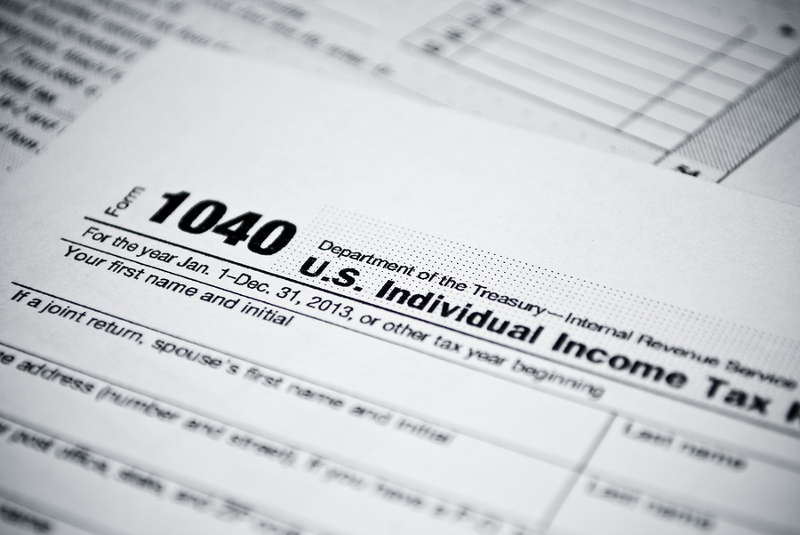London has long been a global financial hub known for its access to capital markets and trade goods. As the most populous city in England, the capital of the UK, and a history that goes back to antiquity the city holds a special place in both trade, culture and education. Aside from London, the UK is the home to many other trade centers including Liverpool, Oxford, Manchester and Edinburgh. For many Americans who are seeking opportunities abroad, this unique mix of a dynamic business environment coupled with a venerable and accessible culture makes the United Kingdom a top destination.

As a global city, those living in London are more likely than average to have links to multiple countries including the United States. For individuals with links to the United States, this means you are not only subject to taxes in the United Kingdom, but also US taxes and account disclosure requirements. Failure to comply with these disclosure requirements can result in significant civil or criminal tax penalties. However if you suspect that you may have run afoul of some of these reporting requirements, voluntary offshore disclosure may offer a way to correct your compliance issues.
There is a duty to disclose certain offshore accounts through FATCA and FBAR
While the disclosure requirements differ for each, Americans and US expatriates living abroad have a duty to disclose certain offshore accounts. As for FATCA – the Foreign Account Tax Compliance Act – Form 8938 must be used to report certain foreign financial accounts when the accounts:
- Aggregate value of foreign assets exceeds $50,000 the duty to disclose is triggered. However in certain circumstances the reporting threshold may be greater.
- The account is a foreign covered account. These can include financial accounts (savings or custodial account) at a foreign financial institution, foreign stock, foreign securities, foreign mutual funds, a partnership interested based in a foreign jurisdiction, foreign-issued life insurance plans, and other account typed.
In short FATCA covers a broad array of financial accounts and financial assets. However that is not the full extent of a US expat’s disclosure requirements. A duty to disclose also exists via the Bank Secrecy Act (BSA). The BSA requires those with a connection to the United States who hold a foreign financial account where the aggregate value of those accounts exceeds $10,000. If the account or accounts exceed the $10,000 threshold, even for a moment or as an intermediate step in a transaction, the duty to file FBAR via FinCEN form 114 exists.
What are the penalties for a failure to file FBAR or FATCA?
The failure to file either FATCA or FBAR can be punished with harsh civil or criminal consequences. FATCA penalties include $10,000 for each failure to disclose a covered account. Furthermore, an additional $10,000 penalty can be assessed for each 30 day period from IRS notice where the account remains undisclosed. The maximum penalty for a FATCA violation is $60,000.
Penalties for FBAR violations can vary depending on whether the violation is believed to be willful or non-willful. A non-willful violation can be punished by a fine of $10,000 for each year the account remains unreported. If the noncompliance is believed to be the product of a willful act, a voluntary or intentional disregard of a known legal duty, then the penalties can be significantly harsher. A willful FBAR violation can be punished by the greater of 50 percent of the original foreign account balance or $100,000. If the IRS agent believes that you attempted to conceal income, assets or tax mistakes additional penalties or criminal tax prosecution may also follow.
US expatriates pay taxes on their worldwide income
The United States is one of the only nations that taxes on the basis of citizenship rather than physical presence & residency. That is, US citizens, green card holders, and other US taxpayers must pay US taxes on all lawful income regardless of where it was earned. What this means is for every dollar (or pound) you earn while abroad, you owe the corresponding tax to the US government and to the government of the host country. Thankfully tax totalization treaties provide ways for expats to minimize the effects of double-taxation, but one must file their taxes in both jurisdictions to take advantage of the provision. The failure to file and pay taxes on the basis of one’s worldwide income can open oneself up to a variety of civil and criminal tax penalties.

Rely on the Hoffman Law Firm for a Tax Lawyer You Can Depend On
The Hoffman Law Firm can work with you to resolve foreign account and tax concerns. One option that may offer a solution to disclosure failures is the Offshore Voluntary Disclosure Program (OVDP). However disclosures must be complete or you can risk exacerbating your tax problems. To discuss you situation with an experienced tax attorney call the Hoffman Law Firm at 800-897-3915 or contact us online today.

